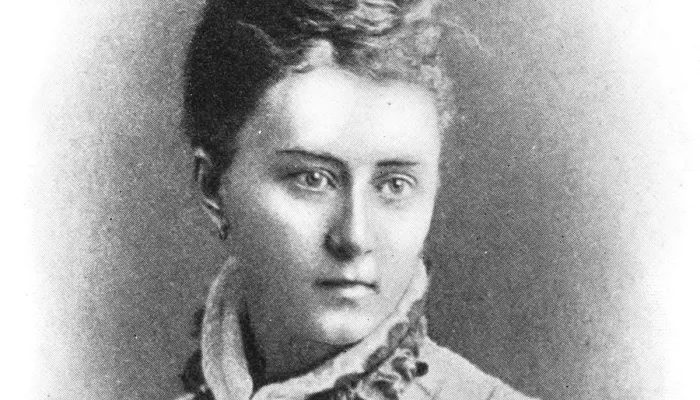Christian Bök
Biography
Born in Toronto, Christian Bök focuses on the intersection of language and science in his work. His first book of poetry, Crystallography, was nominated for the Gerald Lampert Award. His book Eunoia, which won the Griffin Poetry Prize in 2002, is the best-selling Canadian poetry book of all time. Bök has also created artificial languages for science fiction television. His most recent book is The Xenotext (Book One). He teaches at Charles Darwin University in Melbourne, Australia.
Micro-interview
While I was in high school, I read literature indiscriminately, but the book that had the greatest influence upon my own apprenticeship in poetry was probably The Armies of the Moon by Gwendolyn MacEwen. I bought a first, signed edition of the book as soon as I could afford the expense of such a purchase. The eponymous poem, “The Armies of the Moon,” is still great, featuring a lovely line that describes the lunar legions as “invisible and silver / as swords turned sideways.”
Given my geekiness, I enjoyed poems like “Kubla Khan” by Samuel Taylor Coleridge, anything by Edgar Allan Poe, and a lot of rock-music with a strong strain of the “fantastic” running through its lines.
While I wrote poetry in high school, I did not think of myself as a poet in earnest until my first years of graduate school, when I gave up writing lyric poems to write works of avant-garde experimentation, producing visual poetry that eventually became the foundation for my book Crystallography. My first poem consisted of me typing out a fractal pattern, based upon repeating the letter S at varied scales on the page.
The job of the poet is to let language go on holiday from the labour of meaning. In my case, my job is to build anti-grav machines out of words.
Georges Perec, a member of Oulipo, wrote a work entitled La Disparition (a novel about the disappearance of the letter E, written without the use of this letter). Perec then wrote a sequel entitled Les Revenentes, which used only the vowel E (suppressing all other vowels), but Perec cheated in his effort, and many members of Oulipo thought that writing a book using only one vowel was probably impossible — but nobody ever tried to prove the truth of this claim, so I set out to see if I could do it. The excerpt “Chapter I” from my book Eunoia makes note of the fact that many critics thought that I was embarking upon a futile effort (despite the work going on to become one of the most sold books of poetry ever).
Easy. “Annabel Lee” by Edgar Allan Poe, because he often wrote poetry as an exercise in musical elocution — and hey, I would like to try to upstage this rendition of the poem, performed by Marianne Faithful.


